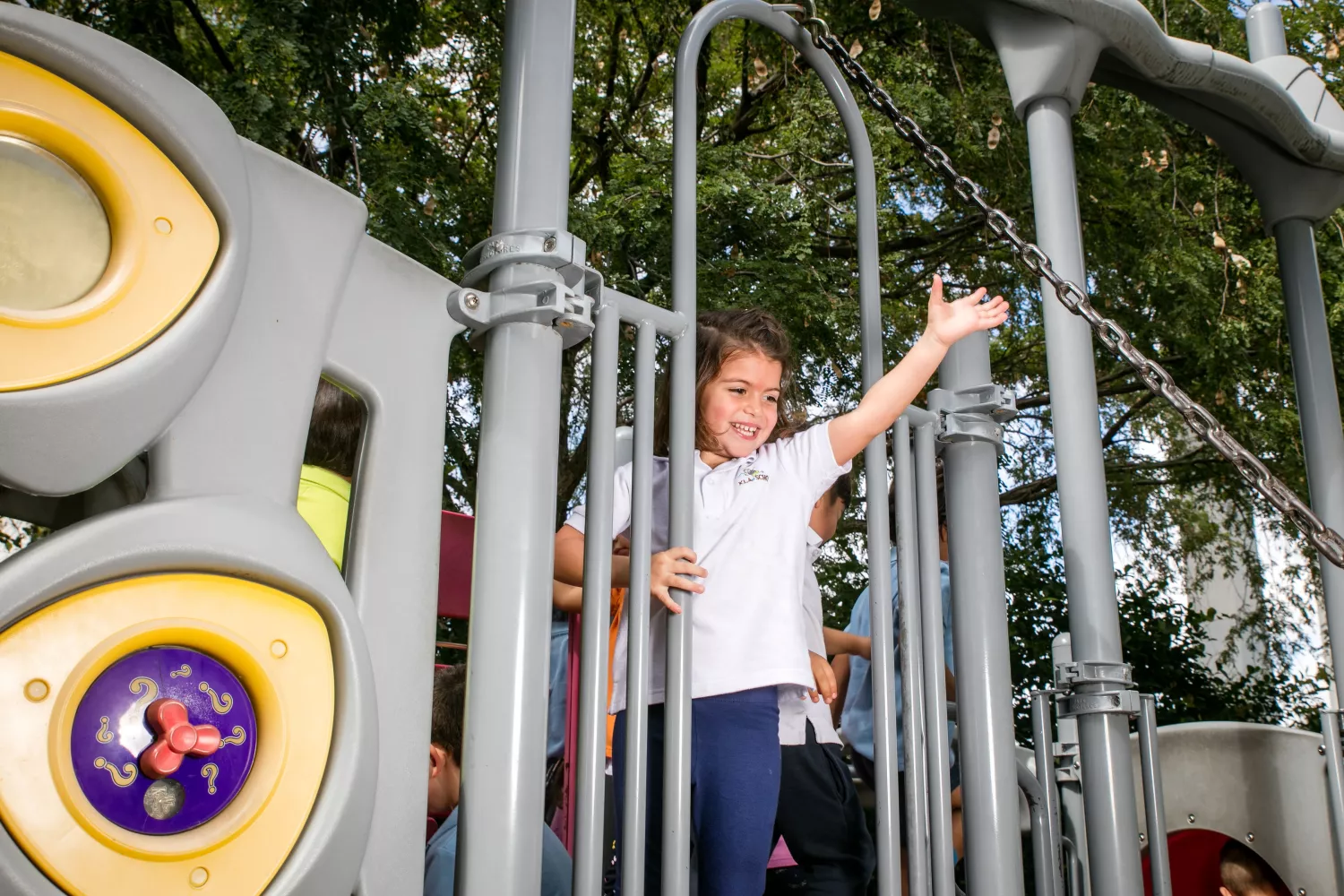Identify Development in Early Childhood: Building Self-Awareness
Topics: Child Development
Age Range: Preschool
Children begin a remarkable journey of self-discovery during their earliest years. This foundational period lays the groundwork for personality, emotional expression, and social understanding. As caregivers, educators, and community members, recognizing how young minds form a sense of self allows us to guide them with compassion and knowledge.
Understanding the Foundations of Identity Development in Early Childhood
Identity development in early childhood emerges from a child’s constant interaction with their environment. Between birth and age five, children undergo tremendous growth—not only physically and cognitively, but also socially and emotionally. During these formative years, they begin constructing a personal narrative based on relationships, experiences, and the messages they receive from the world around them.
At the heart of this process lies the child’s increasing awareness of being a distinct individual. As toddlers begin to use phrases like “me” and “mine,” they reveal early signs of differentiating themselves from others. These moments reflect the early formation of a child’s internal framework—a concept that eventually evolves into a complete self-concept.
The Stages of Identity Formation in Young Children
Identity formation does not happen all at once. It unfolds in a series of complex and overlapping stages, influenced by neurological development and social context.
1. Emergence of Self-Awareness (0–18 Months)
Infants initially respond to their environment through sensation and emotion. Around 15 to 18 months, most begin to recognize themselves in mirrors and photos. This recognition marks the beginning of self-identity in early childhood. It signifies that the child sees themselves as separate from their caregivers, setting the stage for future identity growth.
2. Development of Preferences and Individual Expression (18 Months–3 Years)
Toddlers assert their likes and dislikes through words, actions, and choices. During this stage, language development plays a critical role in enabling them to articulate thoughts. As they gain autonomy, they begin testing boundaries and forming consistent behavioral patterns that shape their sense of identity in early childhood.
3. Integration of Social Roles and Emotional Understanding (3–5 Years)
Preschoolers begin to integrate information from their social environments, including family roles, friendships, and cultural expectations. They observe how others react to their actions, which profoundly influences their self-concept. At this age, imaginative play becomes a key tool for experimenting with identities, roles, and emotions, supporting the internalization of social norms and values.
How the Environment Shapes Self-Identity in Early Childhood
A child’s environment serves as both a mirror and a canvas. Adults reflect a child’s identity to them through language, validation, and interaction. Positive reinforcement encourages confidence, while consistent routines offer a sense of safety and predictability. Conversely, a chaotic or dismissive environment can disrupt healthy identity development in early childhood.
Language and communication play crucial roles in shaping early identity. When adults engage in conversations that validate a child’s feelings, opinions, and ideas, they help children attach words to internal experiences. This practice supports emotional intelligence and enhances the child’s ability to articulate their identity and how they relate to others.
Peer interaction also significantly influences the development of self-identity in early childhood. Through play and social interactions, children learn to negotiate, collaborate, and develop empathy. These interactions help them establish their place within a broader social world, further reinforcing their unique personal identity.
Exploring the Cognitive Components of Self-Identity Development in Early Childhood
Cognitive milestones closely align with the evolution of identity. As children grow, their thinking becomes more organized and abstract. During the preschool years, their capacity for memory, perspective-taking, and emotional labeling expands. These developments enable children to reflect on past experiences and anticipate future ones, both of which are essential for developing a coherent self-concept.
Symbolic thinking, often demonstrated through pretend play, enables young children to explore various aspects of their personality and roles. When a child pretends to be a doctor, firefighter, or superhero, they aren't just playing—they’re actively trying on different facets of selfhood. This process contributes to their understanding of social roles and their place within the world.
Additionally, as children grasp the concept of cause and effect, they begin to understand how their choices shape the outcomes. This realization strengthens their agency, reinforcing their perception of themselves as active participants in life rather than passive observers.
The Emotional Landscape of Developing a Sense of Identity in Early Childhood
Emotions serve as both indicators and architects of early identity. A child’s ability to recognize and regulate emotions is closely tied to their self-perception. When children understand that it’s okay to feel sad, angry, or excited—and that these emotions are manageable—they become more confident in who they are.
Secure attachment with caregivers supports emotional development and facilitates trust in oneself and others. Children with secure attachments are more likely to explore their environments, take healthy risks, and recover from mistakes—all essential parts of identity exploration.
Conversely, when emotional expression is discouraged or invalidated, children may internalize feelings of confusion or shame, hindering the formation of a clear and confident self-identity.
Cultural and Familial Influences on Identity in Early Childhood
Cultural norms, family dynamics, and societal values all shape the narrative children build about themselves. Culture provides the symbols, language, and practices that children use to construct meaning around identity. In multicultural families, children are exposed to multiple cultural frameworks, often developing rich and complex identities that reflect diverse influences.
Parental expectations also guide identity development. For example, when families encourage curiosity, emotional expression, and individuality, children often exhibit strong self-identity development in early childhood. Alternatively, rigid or authoritarian environments may suppress individual traits and reduce confidence.
Religious practices, traditions, storytelling, and rituals further solidify children's connection to their cultural identity, providing them with a shared heritage that links personal identity to collective belonging.

Encouraging Healthy Identity Growth Through Intentional Practices
Fostering identity development requires intentional and sensitive approaches. Adults can nurture self-identity in early childhood through simple yet powerful strategies:
- Provide choices: Allowing children to choose clothes, books, or activities fosters independence and ownership.
- Celebrate uniqueness: Recognize and affirm each child’s strengths, interests, and quirks.
- Model authenticity: Children learn by example. When adults demonstrate honesty and self-respect, children mirror those behaviors.
- Encourage reflection: Ask open-ended questions, such as “How did that make you feel?” or “What would you do differently next time?”
- Create an inclusive environment: Use diverse books, dolls, and media that represent a wide range of identities and experiences.
When these practices become part of daily routines, children feel valued and empowered to express themselves authentically.
Building a Resilient Identity in a Rapidly Changing World
As society evolves, the challenges and opportunities children face also shift. Today’s young learners are exposed to influences from digital media, diverse social settings, and increasingly globalized perspectives. This complexity makes the formation of a stable self-identity even more essential.
Supporting children in developing resilience, empathy, and adaptability ensures they remain grounded in their identity, even as external circumstances change. Teaching problem-solving, conflict resolution, and emotional regulation strengthens their capacity to maintain a positive self-view despite setbacks.
Importantly, guiding children through these challenges involves listening without judgment and offering consistent support. When children know they are loved unconditionally, they gain the courage to explore, question, and grow into their most whole selves.
KLA Schools: Supporting Identity Through Exploration and Expression
Identity begins to take shape the moment children feel seen, heard, and valued—and KLA Schools understands the vital importance of this in the earliest years of development. Rooted in the Reggio Emilia approach, our learning environments are thoughtfully designed to empower children to explore their identities through play, creativity, and meaningful interactions.
At KLA Schools, educators work alongside children as active participants in their learning journey. Rather than directing outcomes, teachers observe, listen, and guide toddlers through experiences that nurture curiosity, autonomy, and self-expression. Through storytelling, dramatic play, collaborative projects, and open-ended materials, children begin to form a personal narrative and develop a deeper understanding of their place in the world.
This intentional focus on child-led discovery fosters more than imagination—it cultivates a strong foundation of self-awareness and emotional intelligence. Every interaction, every choice, and every creative moment is treated as an opportunity for children to explore identity in a way that is both respectful and empowering.
See how KLA Schools honors each child’s individuality and supports identity development through meaningful, play-based learning. Contact us today to discover how your child can grow in an environment where their voice truly matters.
The Lifelong Impact of Early Identity Formation
The experiences children have in their first years influence how they see themselves for a lifetime. A well-developed identity in early childhood fosters confidence, emotional security, and social competence. It becomes the blueprint for future decision-making, relationships, and personal growth.
Understanding what self-identity involves goes beyond naming traits or talents. It means helping children see themselves as worthy, capable, and connected human beings. Through nurturing relationships, providing meaningful experiences, and offering thoughtful guidance, we can support the flourishing of identity in its earliest and most formative stage.

